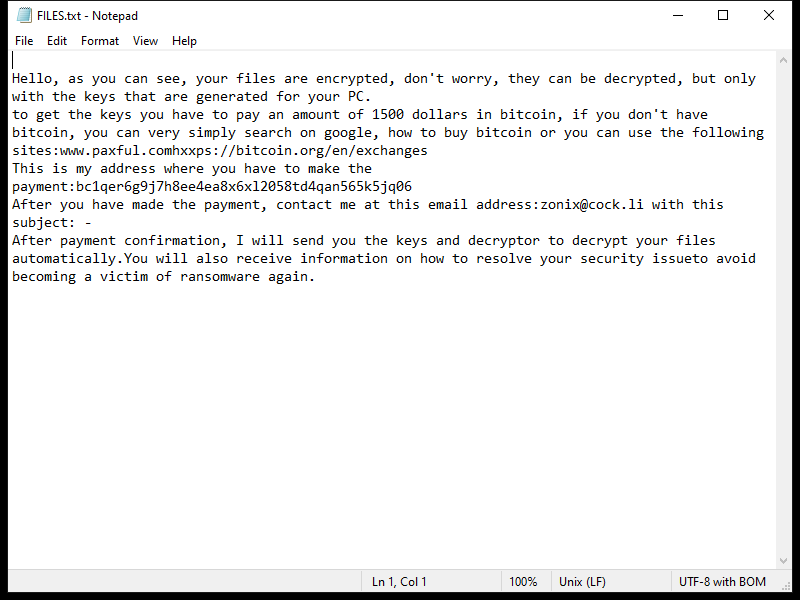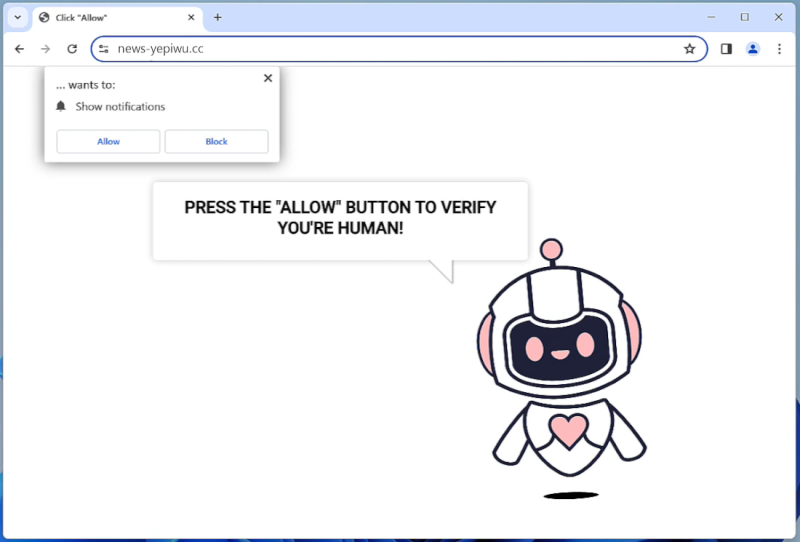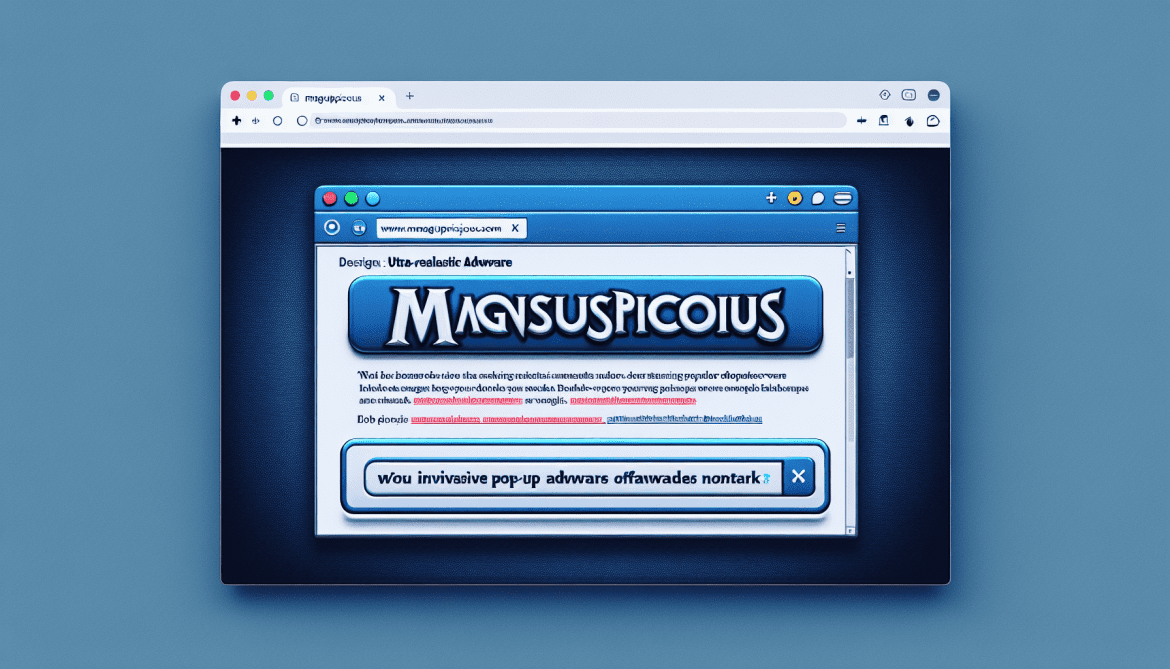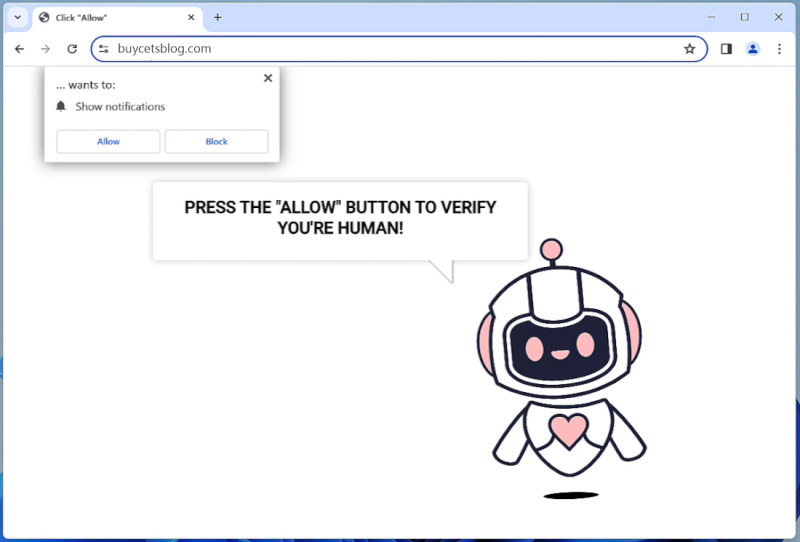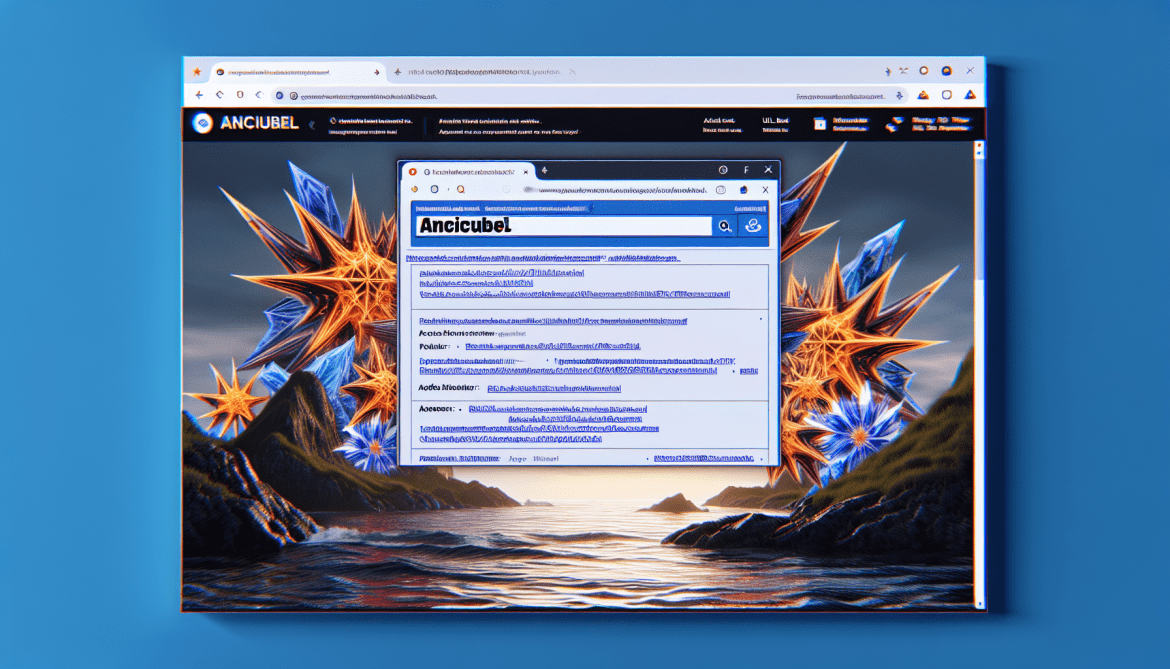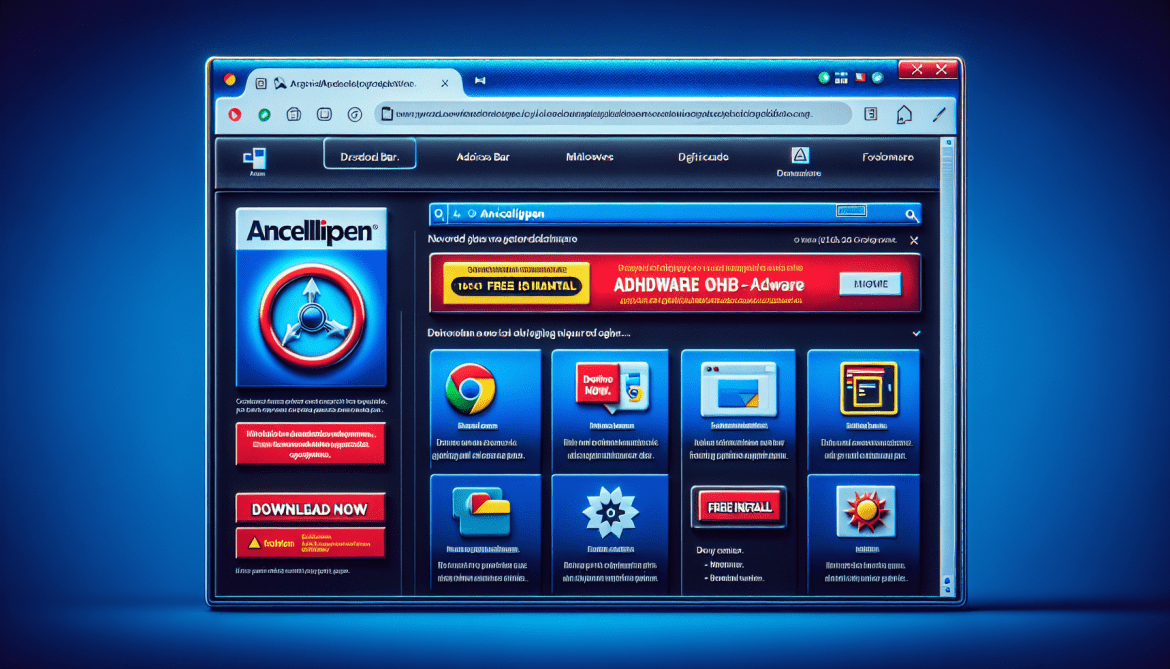Zonix Ransomware is a type of malicious software that infects computers by encrypting files and demanding a ransom for their release. It typically spreads through malicious email attachments, software downloads, or exploit kits.
When Zonix Ransomware infects a computer, it adds the “.zon” extension to encrypted files. It uses strong encryption algorithms such as AES or RSA to encrypt the files, making them inaccessible without the decryption key.
After encrypting files, Zonix Ransomware creates a ransom note typically named “README.txt” or “HOW_TO_DECRYPT.txt” on the desktop or in folders containing encrypted files. The ransom note usually contains instructions on how to pay the ransom to receive the decryption key.
As of now, there are no known decryption tools available for Zonix Ransomware. However, it is not recommended to pay the ransom as it does not guarantee that you will receive the decryption key or that your files will be decrypted.
If you have been affected by Zonix Ransomware and have backups of your files, the best course of action is to restore your files from a backup. If you do not have backups, you can try using data recovery software to recover some of your files. It is important to remove the ransomware from your computer before attempting to recover your files to prevent further damage.

